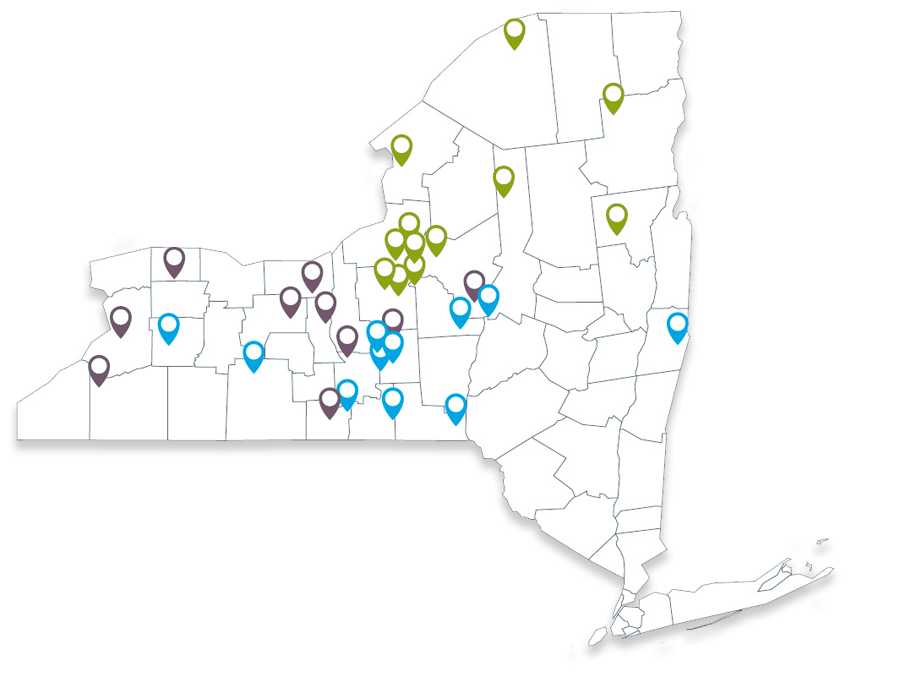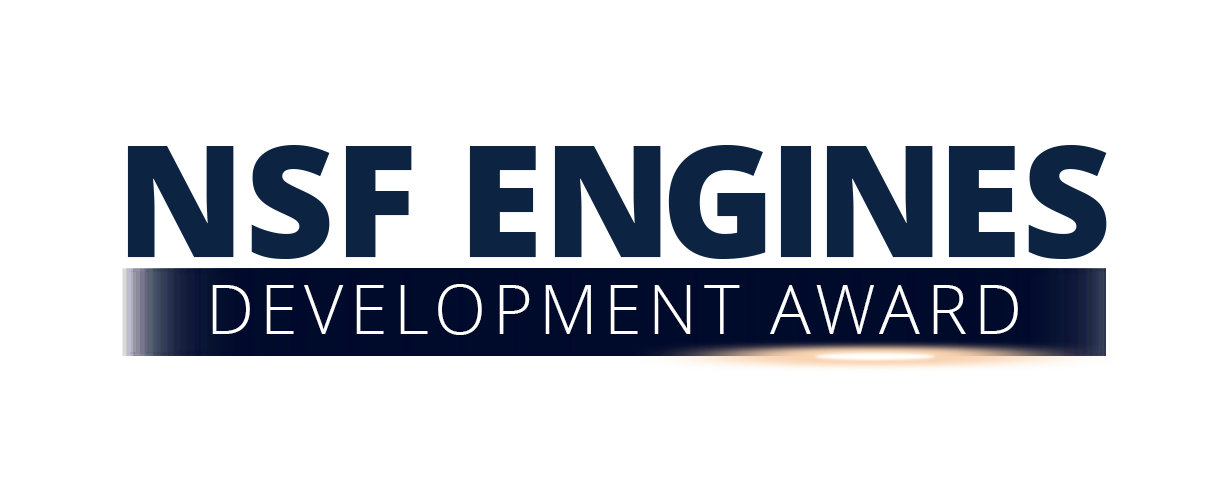NSF Engines Development Award: Building a climate-smart bioeconomy in Upstate New York
Funded through a NSF Engines Development Award, Upstate 2.0 will transition Upstate New York from a fossil-fuel-dependent, economically declining region to an inclusive, prosperous, sustainable climate-smart agriculture and forestry economy.

Upstate 2.0 Transformative Vision
Through three pillars of focus, Upstate 2.0 will grow the regional economy and contribute to net-zero carbon economy goals by developing solutions to global challenges in sustainability and building a more resilient supply chain.
Net Zero Dairy
Supporting long-term dairy operations with net-zero climate emissions at every aspect of the dairy supply chain with a focus on sustainability and innovation.
Biomass and Waste Utilization
Dedicated to transforming waste streams from agriculture and forestry into valuable products through various technologies and systems while creating revenue models for upstate forestry.
Sustainable Food and Small Farms
Maintaining climate-smart economic models supporting small farmers while ensuring access to healthy, affordable, locally sourced food for all communities.
Upstate 2.0 Background
Upstate NY is a predominantly rural region that has struggled with limited economic growth for over 30 years. Upstate 2.0 will become a model for how regions across the nation can harness an ecosystem of partners to transform the region’s economy through sustainable, locally available biomass and underutilized talent resources.
In order for the Upstate 2.0 Bioeconomy Engine to thrive, it must reflect and involve the communities it serves. We seek to grow the participation and access to leadership for tribal communities and under-represented groups. Learn more about Upstate 2.0’s core values.

Upstate 2.0 Anticipated Outcomes
Upstate 2.0 will develop an innovation ecosystem to translate research into practice, train a new workforce for CSB, and help to solve the global climate crisis.
The direct outcomes of this Type-1 Grant are:
Documentation of Needs
Document our understanding of innovation needs in research, education, workforce development, community participation, and technology transfer through partner engagements which will inform white papers.
Partner Network Growth
Grow the partner network of practioners, researchers, policymakers, and educators to expand the Upstate 2.0 team and ensure successful follow-on Type 2 award work.
Develop Engines Roadmap
Develop a Regional Economic Engines Roadmap that identifies barriers to participation and opportunities for innovation, laying a path forward for inclusive development.
Broader Impacts
Cultivate meaningful, reciprocal, active and diverse partnerships of to understand the opportunities and barriers to entrepreneurial success, workforce development, and industrial growth in Upstate New York. We will facilitate the participation of traditionally marginalized communities to understand (1) the impacts of policy, technology and resource utilization decisions on these communities and (2) pathways to enhance equitable economic growth that address the injustices suffered by our Indigenous and Black communities in NY State.
Develop a roadmap for a Type-2 Engines Award that will: facilitate use-inspired research collaborations across industry and academia; develop training and educational programs to support a diverse climate-smart workforce across multiple skill levels and industrial applications; accelerate entrepreneurial activities related to sustainable agri-food and forestry systems, nature-based innovation, and biobased industrial processes.
Produce a series of white papers, disseminated to NYS policymakers and entrepreneurs that analyze the relevant strengths, weaknesses, opportunities, and threats to elements of the future climate bioeconomy.
Upstate 2.0 could transition Upstate New York from a fossil-fuel dependent, economically declining region to an inclusive, prosperous, sustainable CSB that directly enhances opportunities for 5 million people across 55 counties. Upstate 2.0 will become a model for how regions across the nation can build an ecosystem of partners for sustainability using locally available biomass and talent resources.
A CSB that substitutes bio-based feedstocks for fossil sources, reduces the environmental impact of agriculture and energy production, and leverages automation for greener production of food and goods is critical to addressing climate change and its inequitable impacts on marginalized communities across Upstate NY and the country.






